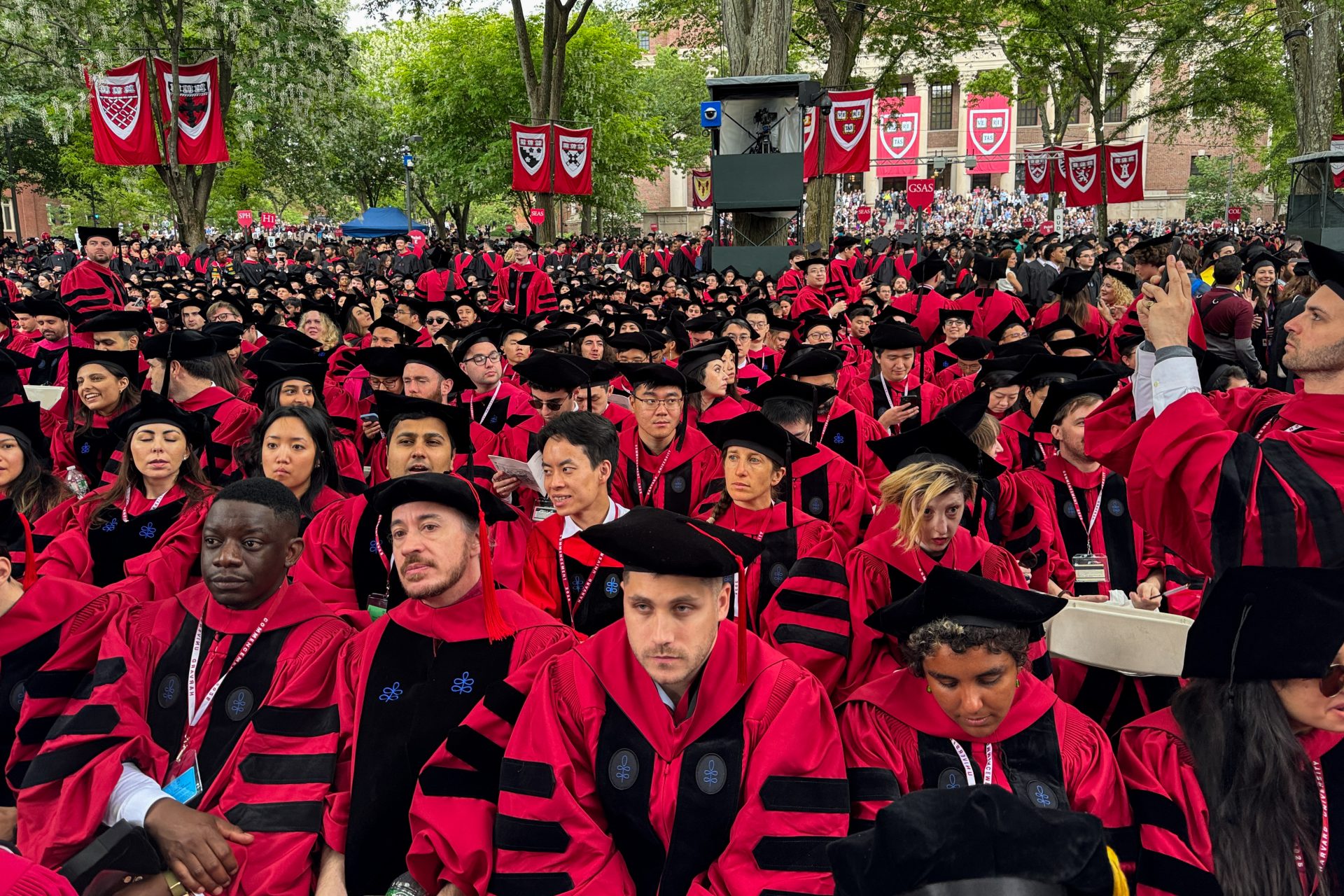The Trump administration and Harvard University may be close to breaking a months-long stalemate, if recent agreements with other elite universities are any guide. But this would not be just another settlement. For the administration, bringing Harvard — the crown jewel of American higher education — to heel would mark a highly symbolic victory.
Recent administration deals with Columbia, the University of Pennsylvania, and Brown offer a blueprint for what we can expect with the Harvard agreement. Columbia and Brown paid massive fines as a condition to release frozen federal research funds — $220 million and $50 million, respectively. The majority of Columbia’s fine will go to the federal government, while $21 million will go to settling workplace antisemitism charges. Brown’s fine will instead be allocated to Rhode Island workforce programmes.
Each agreement highlights the particular legal and political vulnerabilities of the university in question. Columbia — perhaps the least sympathetic case, given its failure to rein in prolonged unrest after Hamas’s October 7 attacks on Israel — pledged sweeping measures on antisemitism and campus protests. The university agreed to strengthen student disciplinary policies, scrutinise the stated purposes of international applicants, and review its Middle East programmes.
UPenn, meanwhile, was targeted for allowing transgender athletes such as swimmer Lia Thomas to compete in women’s sports. The university’s settlement included rescinding Thomas’s titles, issuing apology letters to Thomas’s female competitors, and returning biological definitions of male and female to its athletics programmes.
Brown, which was undergoing federal investigations over antisemitism and racial bias, made agreements such as renewing partnerships with Israeli academics and pledging not to use racial proxies in admissions.
Given Harvard’s central role in the 2023 Supreme Court case on racial preferences in admissions, any agreement is likely to hinge on dismantling discriminatory practices. Revelations that the Harvard Law Review continued using racial criteria in editorial decisions after the ruling make ending such policies a non-negotiable demand from the Trump administration. The open question is the price: how much Harvard will be fined depends on both its willingness to challenge the administration’s earlier overreach —such as requiring admissions based on political beliefs — and how long it can sustain itself without federal research funding.
Some would say that the ends justify the means: universities weren’t going to fix themselves, so the administration had to act — even if that meant breaking some rules. This is short-sighted. The dichotomy between breaking the rules to achieve big goals and accepting the status quo is a false one. There were legal ways for the administration to pursue these same goals, such as working with Congress to place conditions on future funding of research grants or to repeal specific programmes. Those legal paths were slower, to be sure. But they existed nonetheless.
Repeatedly flouting the law for political expediency also has costs. We should be careful not to normalise ignoring processes that were put in place for good reason. The escalatory nature of the administration’s actions with universities normalises a political environment in which raw power is all that’s needed to govern. And to those who would say that the Left has already normalised this behaviour, there is still much further to go on this extremist path.
American universities are in dire need of a reset. In many ways, the Trump administration’s deals provide that catalyst for change. But they may have advanced a troubling precedent, one more dangerous than the problems it aimed to fix.











Join the discussion
Join like minded readers that support our journalism by becoming a paid subscriber
To join the discussion in the comments, become a paid subscriber.
Join like minded readers that support our journalism, read unlimited articles and enjoy other subscriber-only benefits.
Subscribe